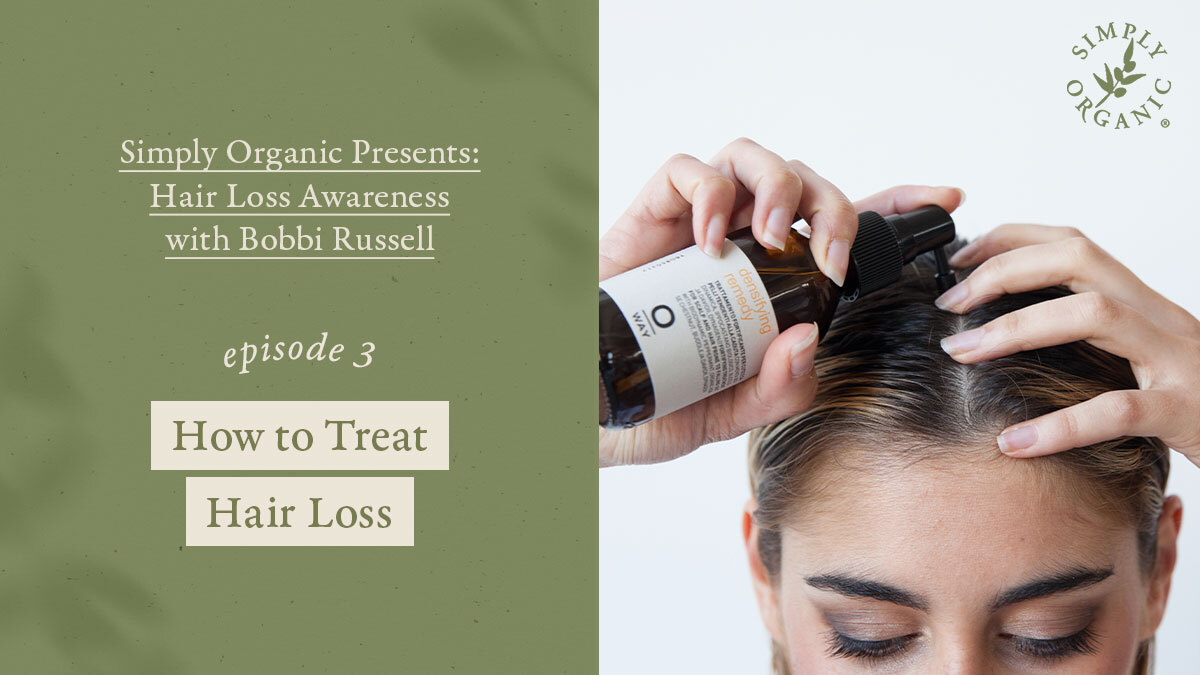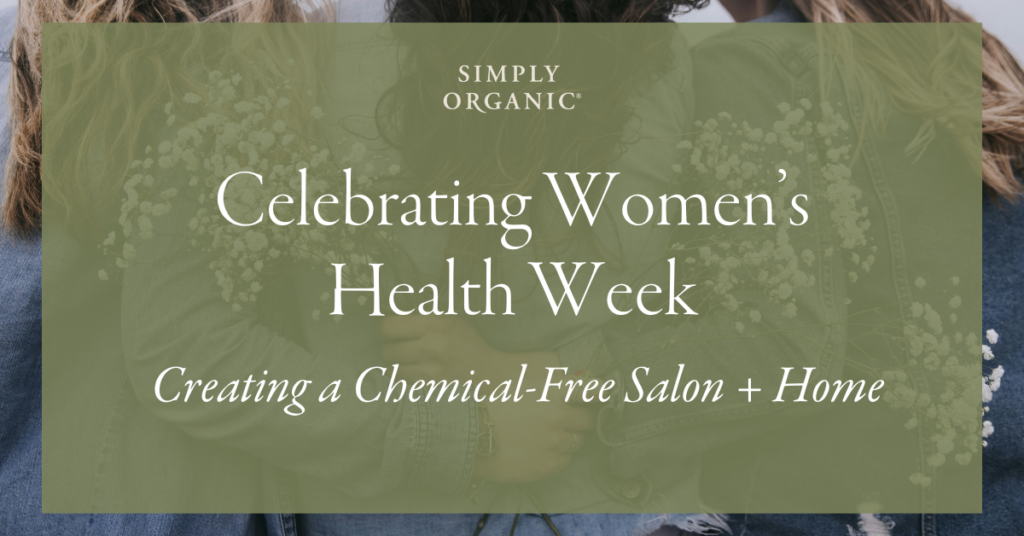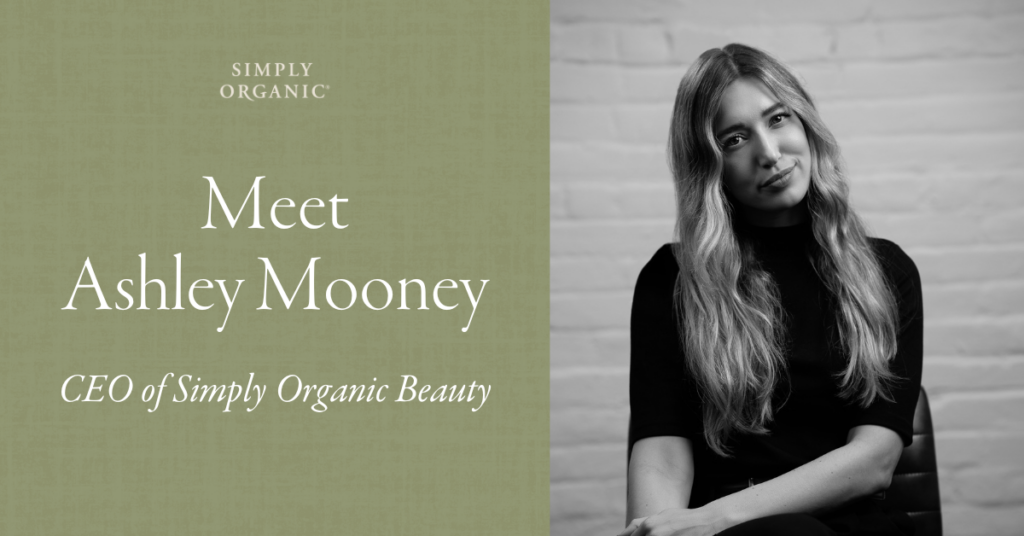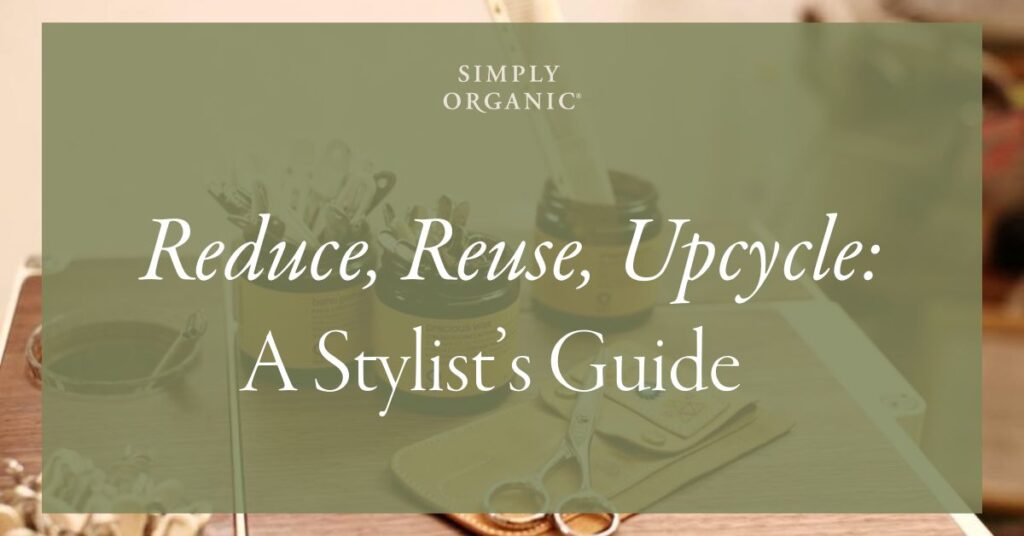While most people are looking for a cure-all solution for hair loss, many times it’s not that simple. What may work for one person may not for the next. Consulting with a professional is always the first recommended step to take when you are afflicted with hair loss and working towards hair regrowth.
Bobbi Russell tells clients to first look at what you’re putting into your body – foods, nutrients, medications. This is where you need to begin when working towards healthy hair. If our bodies lack certain nutritional values, it will start to show in our hair and skin. Maintaining a healthy lifestyle is essential for healthy hair and skin.
Common Treatments
Androgenetic Alopecia
Since androgenetic alopecia is caused by an excess of DHT, DHT blockers will be included in your treatment plan. One natural treatment option for androgenic alopecia for men and women is injections of platelet-rich plasma (PRP). This is a therapy that involves injecting one’s blood back into the scalp to stimulate hair growth and help prevent further hair loss. Growth stimulating shampoo and treatments are also recommended.
Situational Hair Loss
What we don’t realize when experiencing situational hair loss is that the event that has caused this happened 45-90 days prior. Hair will grow back in these situations and there are many things that you can do on a daily basis to encourage hair regrowth. A healthy lifestyle, lowering stress levels (whichever way works best for you), scalp treatments, and hair growth stimulating products.
Anagen Effluvium
Cancer treatments such as chemotherapy, radiation and certain medications are harsh on the hair follicles causing anagen effluvium. While nothing can be done during treatments, 30 days after completion – growth stimulating shampoos, treatments and supplements can be introduced into your daily routine.
Alopecia
While no cure has been discovered for alopecia, you can work with a Dermatologist to diagnose and treat your alopecia needs. It is suggested to keep scalp clean and moisturized at all times.
Lastly, Bobbi touches on hair extensions, toppers and wigs as a hair replacement specialist. Hair extensions and toppers are a very good solution for post/temporary hair loss! Many people have been able to feel like themselves again through these hair replacement options. However, something to know is these are not recommended for any active situational hair loss. Only a wig is safe at this point with genetic hair loss, frontal fibrosing alopecia and scarring alopecia.
For further information about treatments and solutions to hair loss, we recommend consulting with a professional.
If you missed Episode 2 with Bobbi Russell, you can find it HERE.





